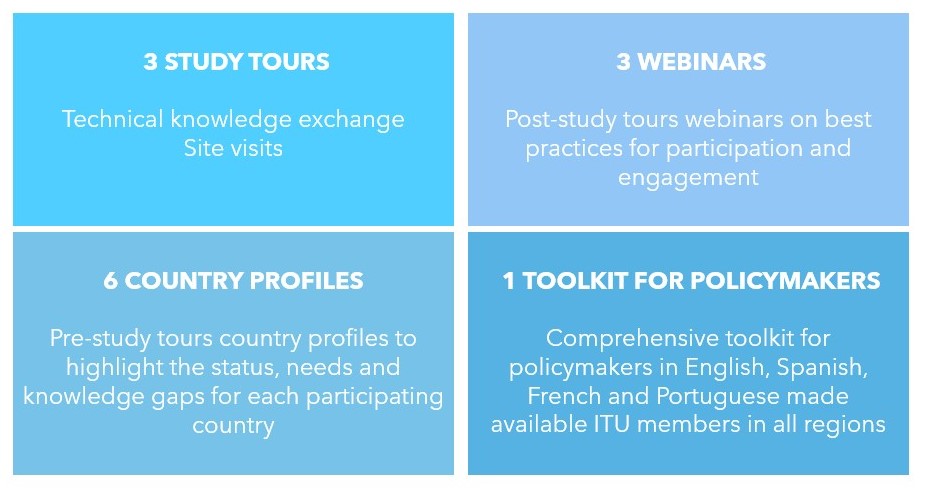Annually, 62 million tonnes of e-waste are generated globally, with only 22.3% formally collected and recycled. Countries with e-waste regulation have an average collection rate of 25%, while those without collect close to 0%. Of the 81 countries with e-waste regulation, 67 include the Extended Producer Responsibility (EPR) principle, which boosts collection and recycling. The e-waste generation rate globally is currently surpassing the formal recycling rate, highlighting the need for better global policies and knowledge sharing to avoid disparate approaches. Without legislation, e-waste is typically informally managed.
Countries need support in developing well-funded, fair, and viable e-waste systems, benefiting from shared global expertise and experiences. There is no one-size-fits-all approach to developing and implementing e-waste regulation. There are strong indications of country intentions to improve e-waste management through greater response from electronics companies based on crystal clear regulation.
Activities
The project will revolve around three study tours to Colombia, India, and South Africa. Each tour will convene national focal points from participating countries, along with subject matter experts from the host nation.

Core themes for these discussions include e-waste regulatory frameworks, implementation of EPR compliance take-back schemes, and e-waste collection and recycling infrastructure. Every study tour will feature a site visit to a relevant waste management or e-waste facility.
To further consolidate the insights gained, a webinar series after each study tour will be conducted.
To maximize dissemination and impact, lessons learned, and best practices identified during the study tours, webinars, and through the country profiles will be compiled into a toolkit publication for policymakers (
upcoming). This toolkit will be made available in English, Spanish, French, and Portuguese to all participating countries and
ITU Members.